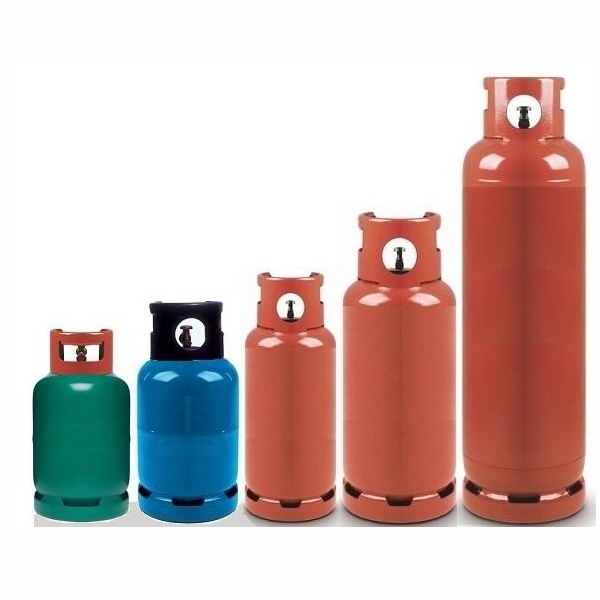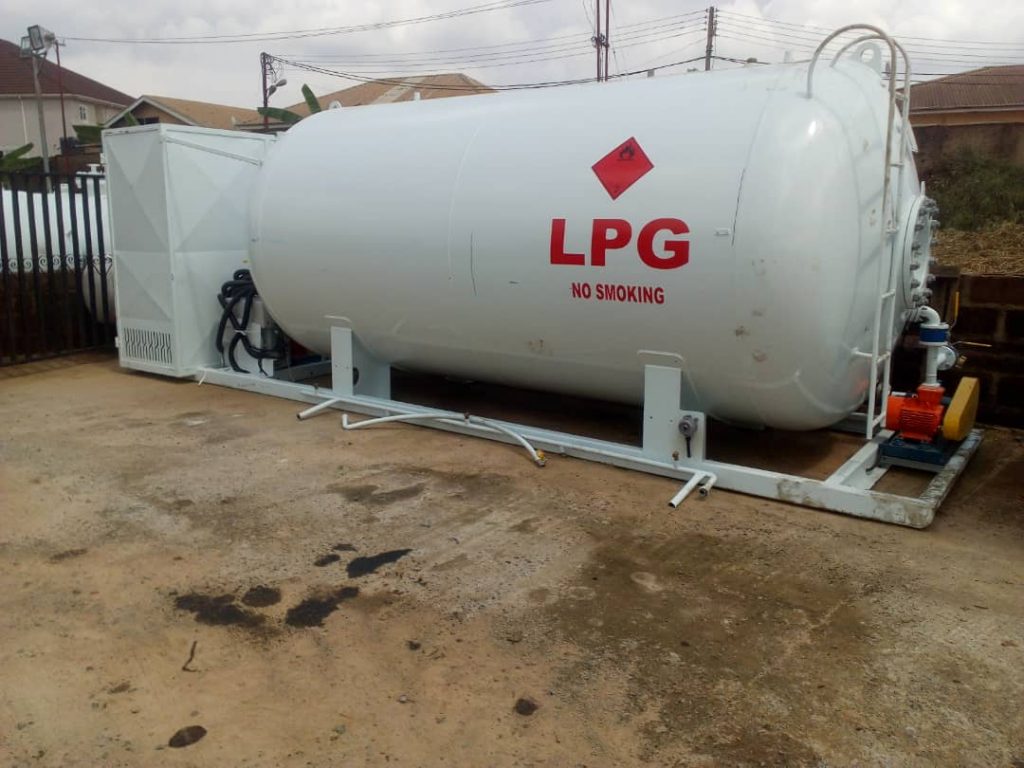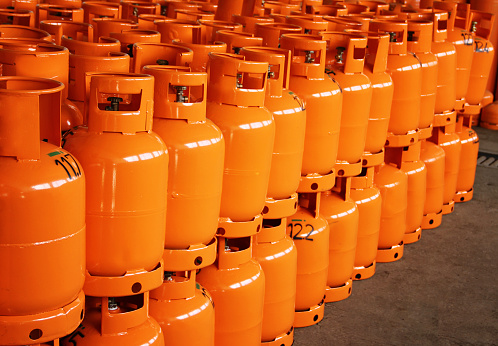The Lagos Chamber of Commerce & Industry (LCCI) has advised the Federal Government to improve the regulatory environment in oil and gas industry to unlock huge foreign direct investment (FDI) in the sector, especially in gas and deep-water exploration.
Its President, Babatunde Ruwase in a statement, said this is one of the major objectives of the Petroleum Industry Bill (PIB). He regretted that the journey for its legislation started over 15 years ago, adding that not much progress has been made till date. He requested that a more expeditious consideration be given to the bill through appropriate collaborative actions with the National Assembly.
According to him, crude oil export is the biggest foreign exchange earner but sadly the biggest foreign exchange expenditure is also on the importation of petroleum products.
He requested the intervention of the Presidency to reduce the burden of excessive taxation on oil and gas investors in the country. He called the attention of government to a proposal by the Nigeria Ports Authority (NPA) to impose $1 levy on every barrel of oil export and new levies proposed under the National Oil Spill Detection and Response Agency (NOSDRA) amendment bill, including the Maritime University amendment bill.
Ruwase also sought protection for the manufacturers of gas cylinders to promote industrialisation, self-reliance and conservation of foreign exchange.
According to him, there is already a huge capacity to meet local cylinder demands.
On the power situation, the LCCI chief acknowledged the efforts by the government to improve liquidity in the power supply chain, the drastic reduction in the debt owed to gas suppliers and the generating companies, improvement in power generation, and the enhancement of carrying capacity of the transmission grid.
He argued that a chain can only be as strong as its weakest link as in this case the distribution end is still grappling with numerous challenges which limit the capacity to deliver power to end users. According to him, the power situation continues to pose challenges to business operators as there were complaints across all sectors about high energy costs, especially high expenditure on diesel.
He noted that the situation had worsened with the increase in global crude oil price. A situation where businesses spend between 20 and 30 per cent of their total operating cost on generating power is not the best, he said. He said policies and incentives should be put in place to encourage decentralisation and more off grid solutions.
On access and cost of credit for Medium Small micro Enterprises (MSMEs), he said it is still a major concern to the Small medium Enterprises (SMEs) sector.




